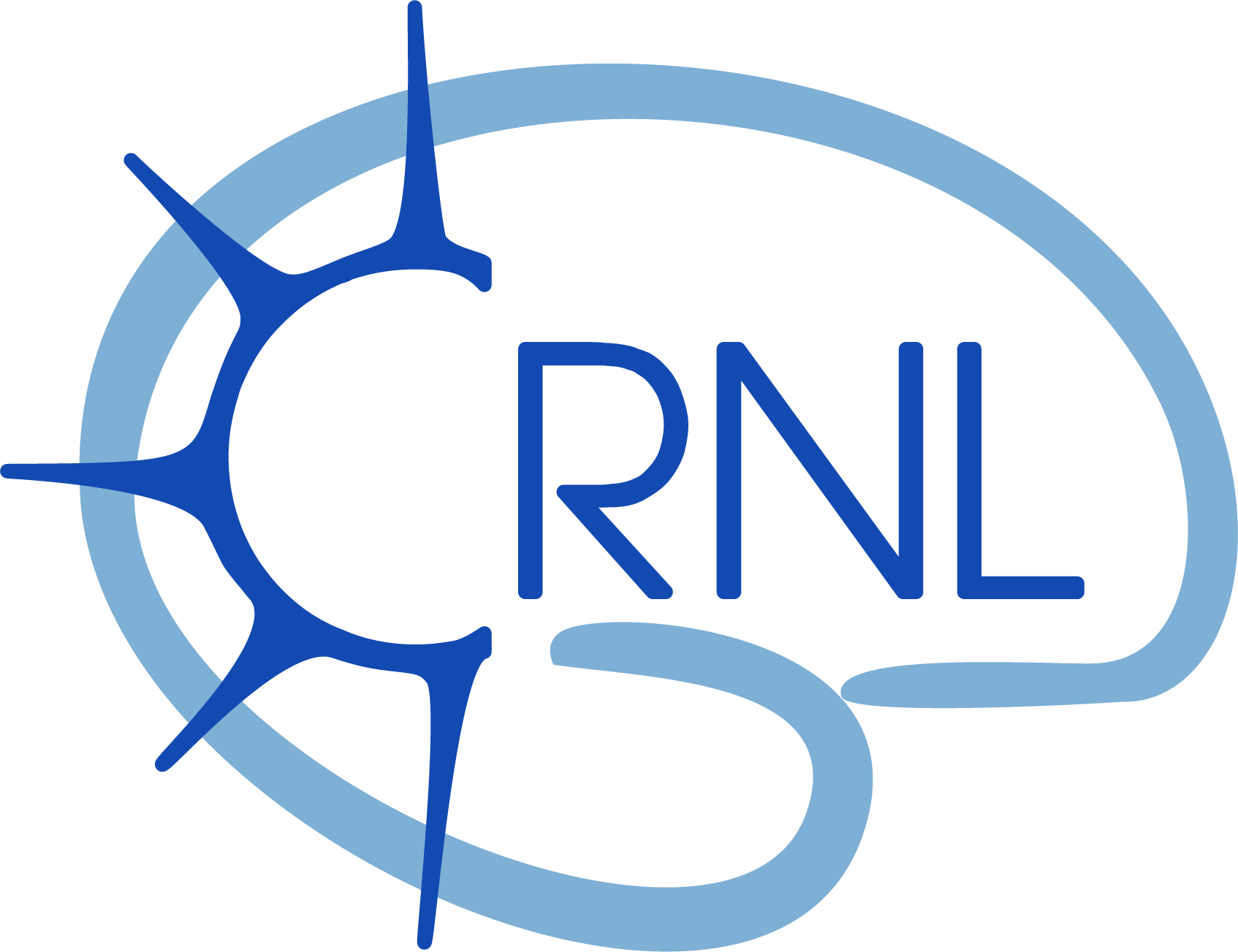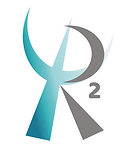Treating refractory obsessive compulsive disorder with cathodal transcranial direct current stimulation over the supplementary motor area: a large multisite randomized sham-controlled double-blind study
Résumé
Background: The present study evaluated the therapeutic efficacy and tolerability of 10 transcranial direct current stimulation (tDCS) sessions in treatment-resistance obsessive-compulsive disorder (OCD) patients using a multisite double-blind sham-controlled design.
Methods: Eighty treatment-resistance outpatients suffering from obsessive-compulsive disorder were randomized to receive either active or sham transcranial direct current stimulation. The cathode was positioned over the supplementary motor area and the anode over the right supraorbital area. Patients were evaluated at baseline, end of treatment (day 14), one-month follow-up (day 45), and three-month follow-up (day 105) on the Yale-Brown Obsessive Compulsive Scale.
Results: Although a significant interaction between time and treatment was observed, the primary endpoint—measuring the change in Yale-Brown obsessive compulsive scale scores after two weeks—was not achieved. Conversely, the secondary endpoint, which concerned the change in Yale-Brown obsessive compulsive scale scores after three months, was successfully met. It is important to note, however, that there were no significant differences in the percentage of responders and remitters at any of the post-treatment assessments. This suggests that the treatment may not have had a clinically relevant impact. Patients well received the transcranial direct current stimulation treatment, indicating its good tolerability.
Conclusion: This is the largest controlled trial using transcranial direct current stimulation in treatment-resistance obsessive-compulsive disorder patients. Our results indicate the importance of studying the placebo effect in transcranial direct current stimulation and the necessity to consider a long follow-up time to best evaluate the effects of the intervention. Clinical trial registration: ClinicalTrials.gov, identifier NCT03304600.
Methods: Eighty treatment-resistance outpatients suffering from obsessive-compulsive disorder were randomized to receive either active or sham transcranial direct current stimulation. The cathode was positioned over the supplementary motor area and the anode over the right supraorbital area. Patients were evaluated at baseline, end of treatment (day 14), one-month follow-up (day 45), and three-month follow-up (day 105) on the Yale-Brown Obsessive Compulsive Scale.
Results: Although a significant interaction between time and treatment was observed, the primary endpoint—measuring the change in Yale-Brown obsessive compulsive scale scores after two weeks—was not achieved. Conversely, the secondary endpoint, which concerned the change in Yale-Brown obsessive compulsive scale scores after three months, was successfully met. It is important to note, however, that there were no significant differences in the percentage of responders and remitters at any of the post-treatment assessments. This suggests that the treatment may not have had a clinically relevant impact. Patients well received the transcranial direct current stimulation treatment, indicating its good tolerability.
Conclusion: This is the largest controlled trial using transcranial direct current stimulation in treatment-resistance obsessive-compulsive disorder patients. Our results indicate the importance of studying the placebo effect in transcranial direct current stimulation and the necessity to consider a long follow-up time to best evaluate the effects of the intervention. Clinical trial registration: ClinicalTrials.gov, identifier NCT03304600.
| Origine | Fichiers éditeurs autorisés sur une archive ouverte |
|---|

